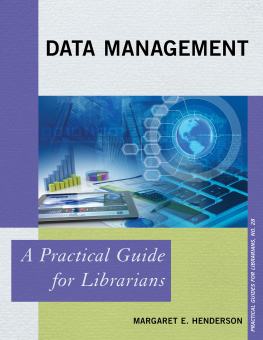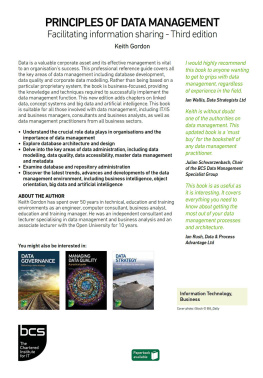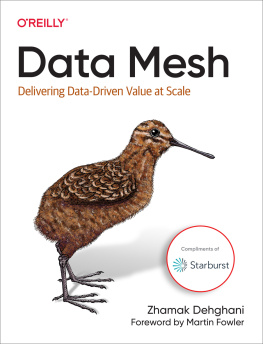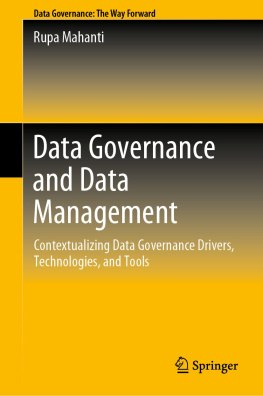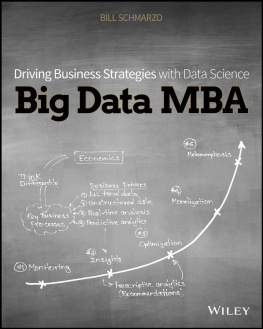First published 1992 by Ashgate Publishing
Reissued 2018 by Routledge
2 Park Square, Milton Park, Abingdon, Oxon, OX14 4RN
711 Third Avenue, New York, NYI 0017, USA
Routledge is an imprint of the Taylor & Francis Group, an informa business
Copyright Richard Williams 1992
All rights reserved. No part of this book may be reprinted or reproduced or utilised in any form or by any electronic, mechanical, or other means, now known or hereafter invented, including photocopying and recording, or in any information storage or retrieval system, without permission in writing from the publishers.
Notice:
Product or corporate names may be trademarks or registered trademarks, and are used only for identification and explanation without intent to infringe.
Publishers Note
The publisher has gone to great lengths to ensure the quality of this reprint but points out that some imperfections in the original copies may be apparent.
Disclaimer
The publisher has made every effort to trace copyright holders and welcomes correspondence from those they have been unable to contact.
A Library of Congress record exists under LC control number: 92026698
ISBN 13: 978-1-138-61298-3 (hbk)
ISBN 13: 978-0-429-46366-2 (ebk)
I would like to thank a number of different people for assisting with their comments and views on the topic of Data Management, all of which have helped me get my own data under control more effectively. Special thanks go to my colleagues on the Data Administration Working Party of the BCS Data Management Specialist Group, in particular to Adrian Buckman, before his flight to Singapore.
My friends and colleagues on the ATIS Project were always helpful and cheerful, and their sense of humour was unflagging! Special mention there must go to Tony Goymer, Andrew Solomon and John Thow in Basingstoke, to Reinhardt Horl, Michaela Bauer, Andreas Zendler and particularly to Johann Grill in Munich and and extra special thanks to Micheal de Korte, Rene de Bie and especially to George van der Craats and Wil van Braam in The Hague. With these people around anything becomes possible!
I would also like to thank two good Data Administrators, Analysts and colleagues at The Prudential in London. Lez Hood, for putting up with some of my more purist Data Management ideas, and to Mick Keefe, an analyst par excellence. Mick was always a great one for removing ambiguity from analysis. Its a real pity that he is no longer with us, as Im sure that he would have had hours of fun musing over the contents of this particular tome! Data Management misses you Mick.
The term Data Management (DM) is one that is widely used, often to mean and encompass different things within the Data Processing (DP) and business environments. Here Data Management is seen in a DP based but business focused context. Data Management is seen to have relevance in all aspects of business development and support which encompasses the human as well as technological components of the organisation.
Figure 1: The components of data management
An attempt to highlight key aspects of the business focused Data Management environment is made within the text. This means that the scope of the text is restricted to focus upon the pre-physical design stages of computer systems development in Data Management terms. Primary attention is given to the way in which data (descriptions and values) can be developed as a resource for the organisation. Consideration as to how such a resource can be developed includes:
how Data Management has developed;
what the basic techniques involved in managing data across an organisation are;
what technological tools exist to assist in the effective management of the data resource;
what needs to be in place to ensure data can be effectively managed for the benefit of the organisation (in terms of authority and function);
what sort of standards and procedures will need to be defined and developed to support effective data management across an organisation;
how data can be used as a resource (in terms of data descriptions and data values);
what issues require the attention of Data Management in the coming years and suggestions as to these may be addressed.
By focusing upon these points it is felt that an understanding of the issues affecting the use of the data resource will be provided, and that this will also be able to reference important non technology issues that affect Data Management.
The non-technology issues of key interest to Data Management define the frame of reference in which the activities involved need to be addressed. Here this is given as:
the political and business issues that relate to the development of a DM function;
the issues and topics that are covered are primarily customer, rather than product focused.
By positioning the focus of Data Management in the above terms it is accepted the certain issues will not appear to be as significant as they are in many organisations, whilst the converse will be true of others. The reasoning behind this positioning is that for many organisations introducing Data Management, it is often the political and business issues, rather than any relating to technology, that determine the success or failure of the initiative. This does not mean that technology issues within the defined scope will be ignored. However, it is suggested that key business and political issues will invariably hold sway over technical ones. These are the reasons behind the emphases placed upon the issues, and the manner in which they are presented.
It is argued that Data Management must be given a customer rather than a product focus in any organisation. By addressing the business needs, and it must be recognised that any Data Management function or personnel ultimately has a business paymaster, it takes on a customer rather than a product focus. There are many Data Management products in the market place, from analysis and documentation techniques to electronic tools and facilities to support its implementation. In these contexts fundamental aspects of the technologies are considered, but in a customer focused manner. It cannot be emphasised enough that technology issues are seen as of secondary importance to the issues that are relevant to the customer.
By adopting this frame of reference and scope many of the major technical issues involved in Data Management (notably in physical design and operational systems support) are excluded. Reference to the logical aspects of some of these problems (notably data distribution) is made, but considerations of detail, relating to the actual technical environments found in organisations are not covered.








